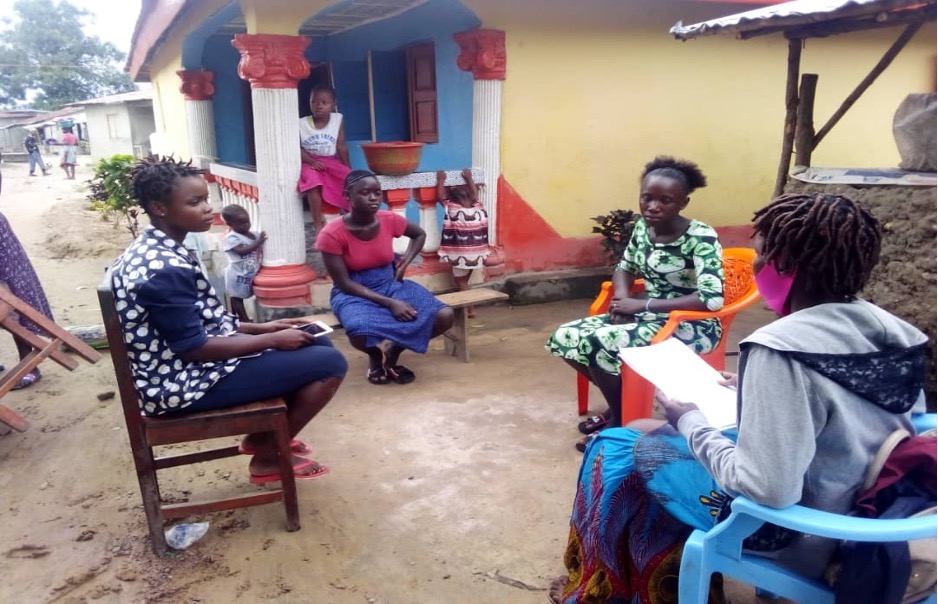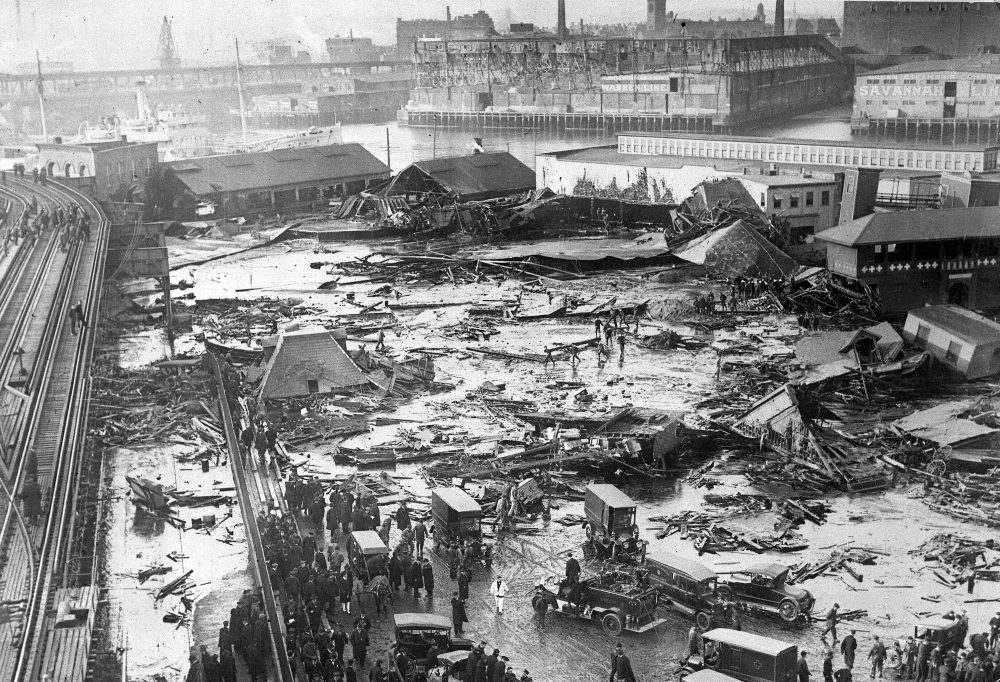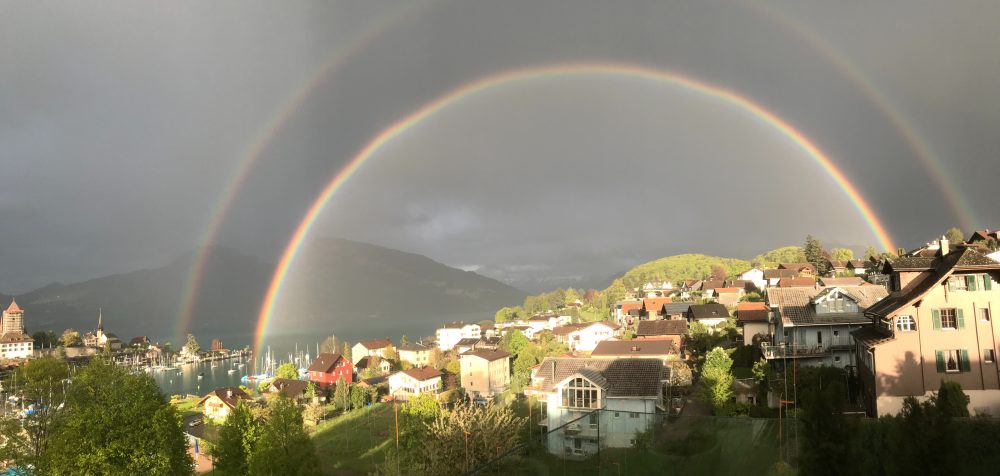What Defines a Disaster and How We React to It?
This article originally appeared on Great.com’s website. Emil Ekvardt from Great.com interviewed Center for Disaster Philanthropy President and CEO Patricia Mcllreavy as part of their ‘Great.com Talks With…’ podcast. This series is an antidote to negative news stories that aims to shed light on organizations and experts whose work is making a positive impact on the world. What Defines […]

This article originally appeared on Great.com’s website.
Emil Ekvardt from Great.com interviewed Center for Disaster Philanthropy President and CEO Patricia Mcllreavy as part of their ‘Great.com Talks With…’ podcast. This series is an antidote to negative news stories that aims to shed light on organizations and experts whose work is making a positive impact on the world.
What Defines a Disaster and How We React to It?
The most powerful hurricane in 2020 didn’t touch land or harm any individuals, and thus nobody talks about it. A natural disaster is only defined by its destruction; it becomes a disaster when it has economic or human cost. This is the issue that the disaster industry faces: it has to foresee crises happening in order to create systems that effectively respond when disaster strikes, and this means acting ahead of occurrences. Patricia Mcllreavy, from the Center for Disaster Philanthropy (CDP), explains the need to create effective disaster-reduction infrastructure and to ensure that funds are being directed towards the root causes of disaster as well as relief projects.
Not Just Disaster Relief: Identifying the Root Causes
The scale of philanthropy funds is vast and growing, yet only a small fraction is currently channeled into the disaster sector. This is often due to a lack of knowledge and direction. Mcllreavy details how the CDP’s disaster ‘experts’ use their expertise to ensure there is a wider-spread narrative around disasters. This way they can inform people why disasters happen and aid their understanding of how financial contributions can be impactful. In simple terms, CDP work with people who would like to help but don’t know how or why. This includes providing support for disasters that have already occurred, but also identifying what communities need for their own preparedness and improved disaster mitigation.
Listen to the whole interview to find out what our biggest threats are moving forward, and how you can instigate change by pressuring your government to recognize the need for disaster-avoidance infrastructure. For further reading you can check out CDP’s recent article, “We are all Disaster Philanthropists” and find out more about their current campaigns, CDP Global Disaster Recovery Fund and the CDP COVID-19 Response Fund. We can all help to raise awareness for the mitigation of disasters.
More like this

The Great Molasses Flood

